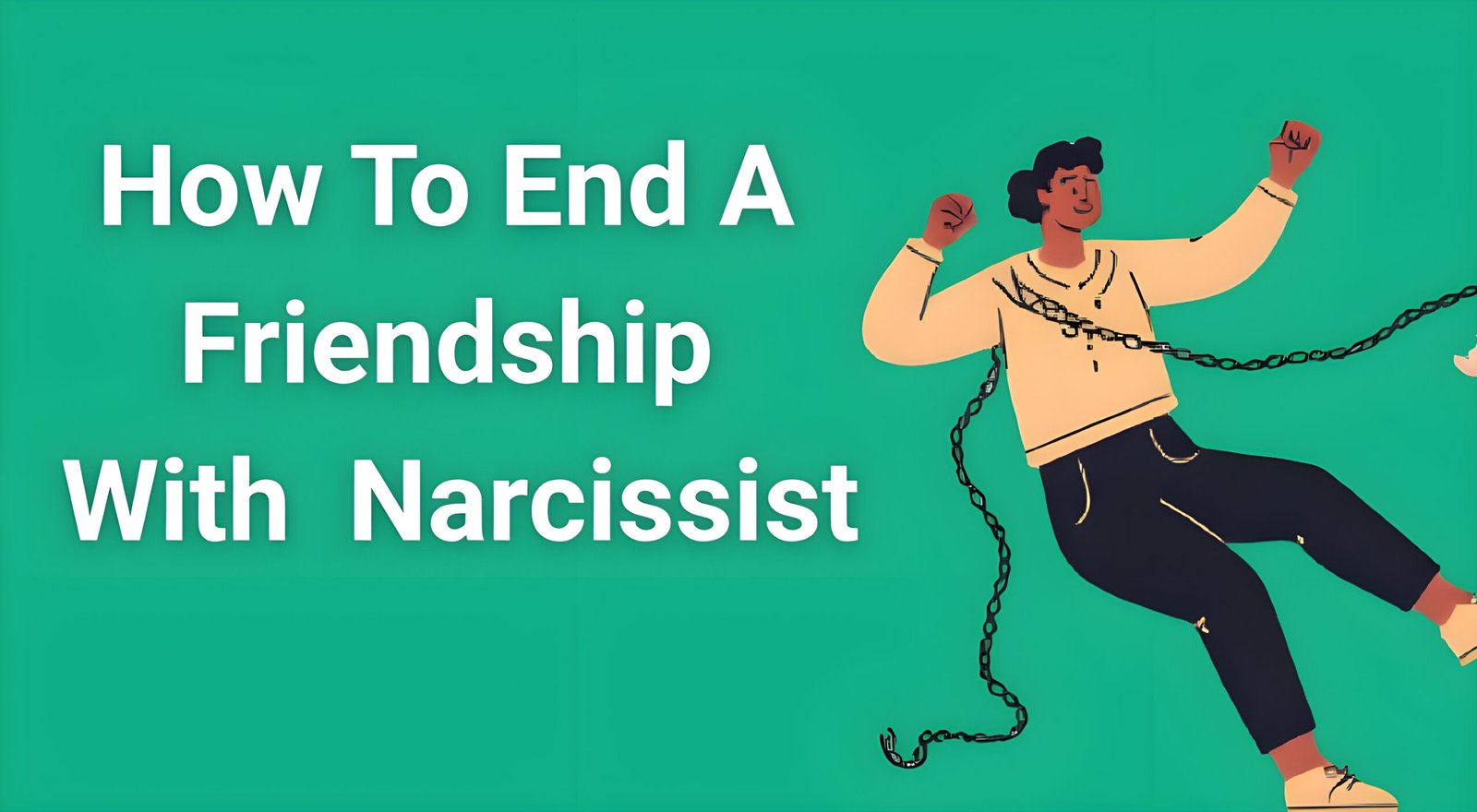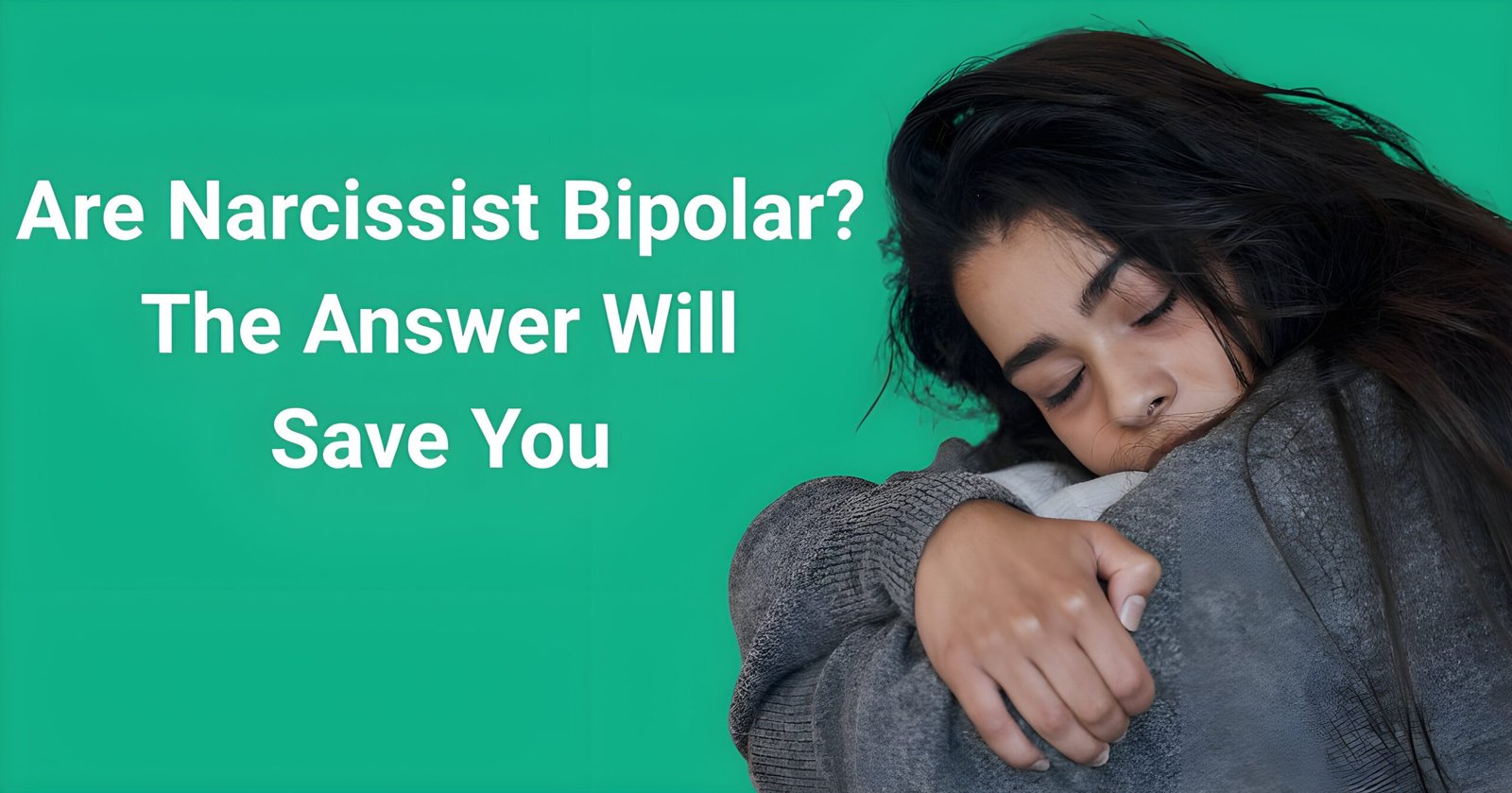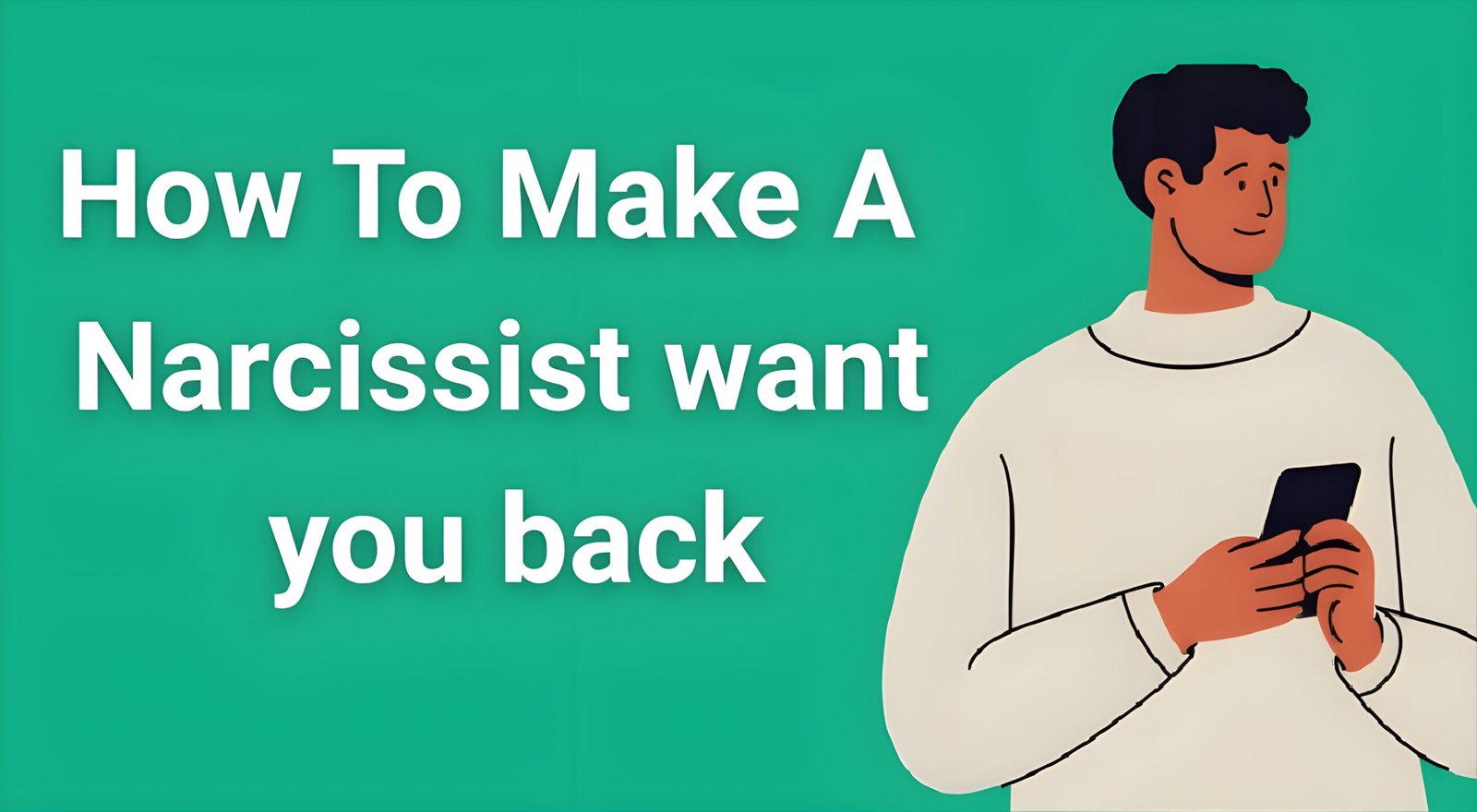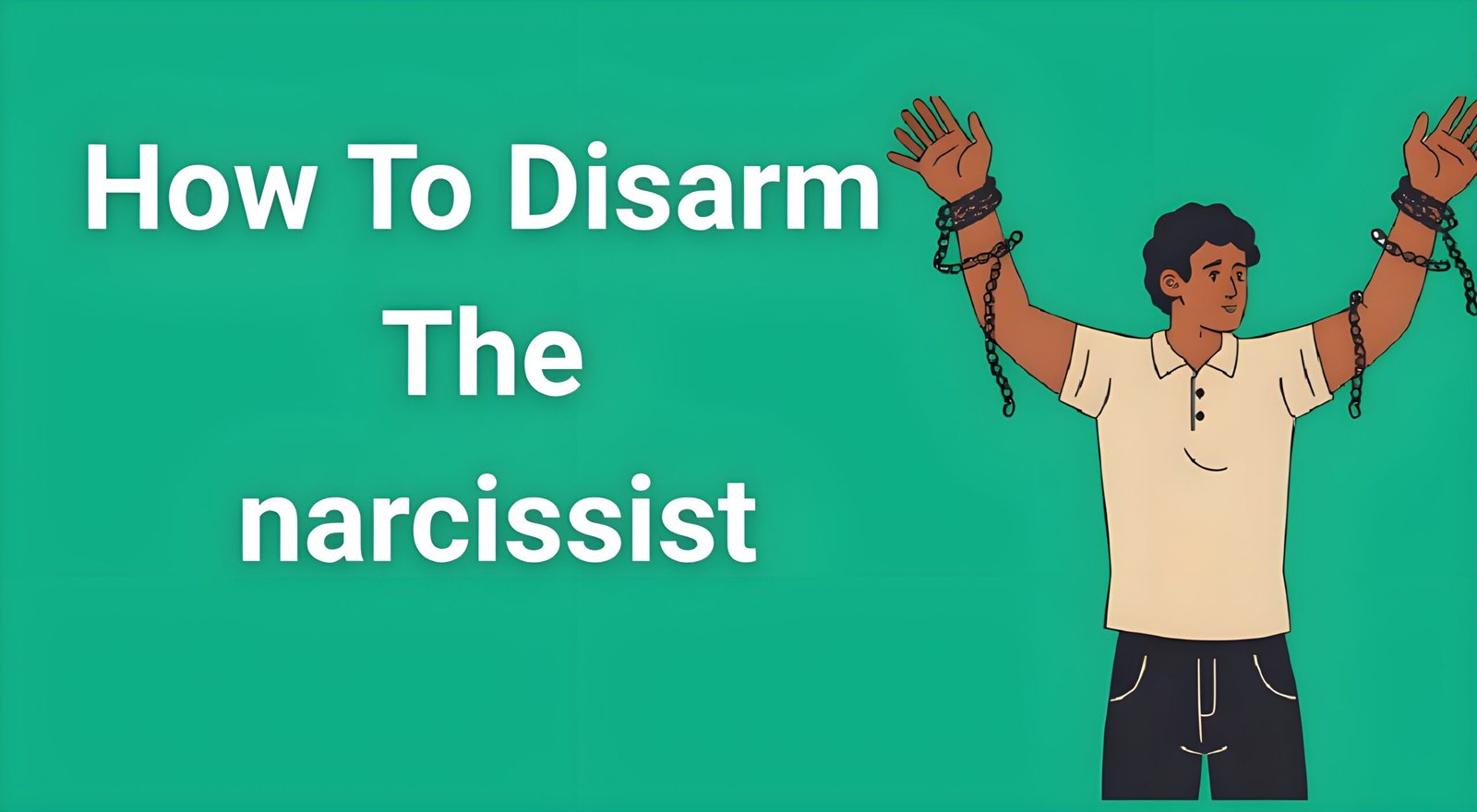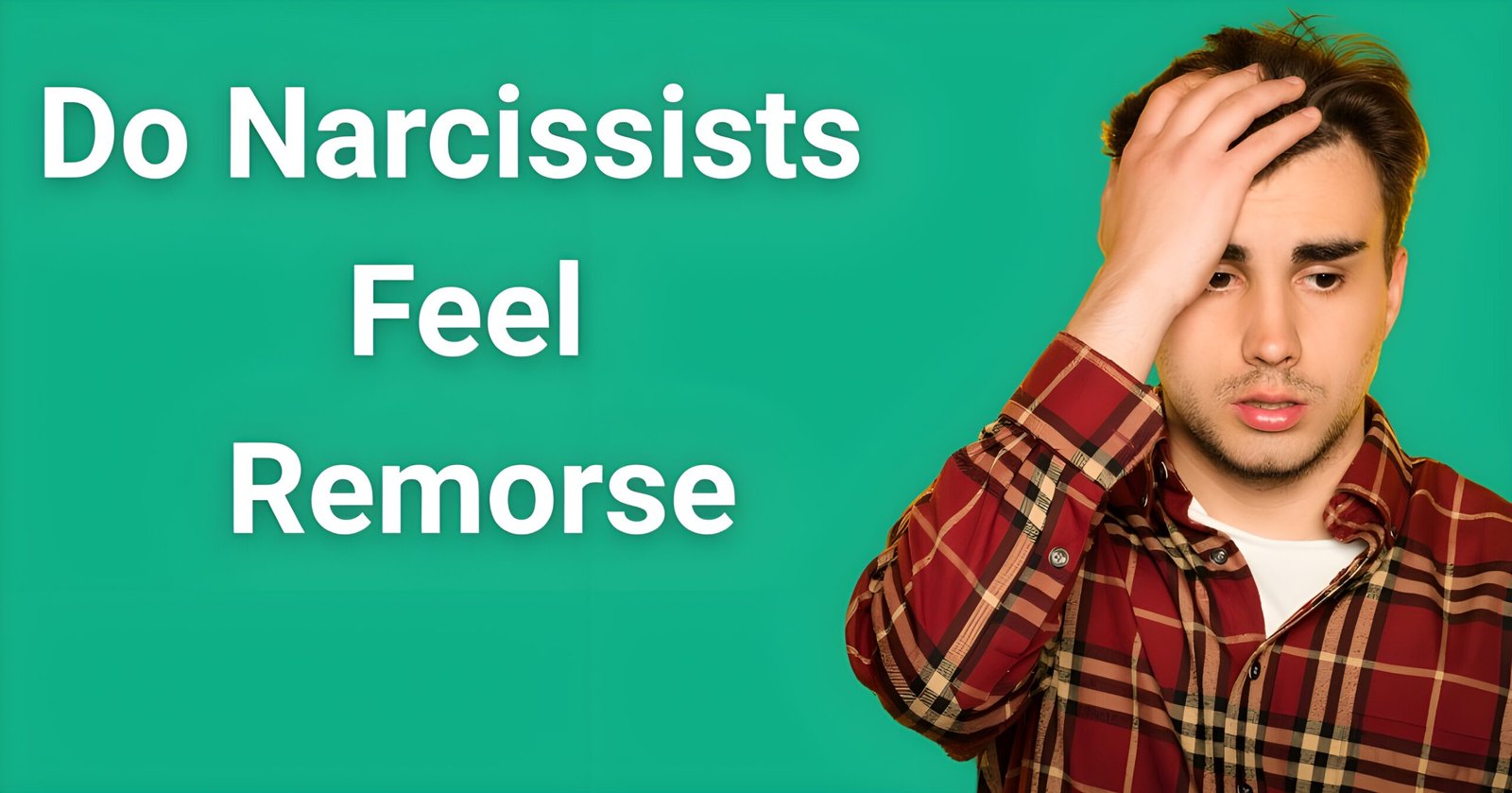If you’re reading this, chances are you’ve reached that painful moment of clarity where you recognize that your friendship has become a source of constant stress, confusion, and emotional drain. Learning how to end a friendship with a narcissist isn’t just about walking away – it’s about protecting your mental health and reclaiming your peace of mind from someone who has systematically undermined both.
- Understanding Why Narcissistic Friendships Are So Hard to Leave
- Step 1: Document the Pattern of Abuse
- Step 2: Build Your Support Network Before You Act
- Step 3: Plan Your Exit Strategy Carefully
- Step 4: Secure Your Digital and Physical Boundaries
- Step 5: Have the Conversation (If Necessary)
- Step 6: Handle the Aftermath with Strength
- Step 7: Focus on Recovery and Prevention
- When Professional Help Becomes Necessary
- Protecting Yourself from Future Narcissistic Friendships
- The Importance of Understanding Trauma Bonds
- Moving Forward: Life After Narcissistic Friendship Abuse
- Frequently Asked Questions
- Conclusion
The truth is, narcissistic friendships follow predictable patterns of manipulation, control, and emotional abuse that can leave you questioning your own reality. Unlike healthy friendships that grow through mutual respect and genuine care, relationships with narcissistic individuals are built on power imbalances where you consistently give more than you receive.
Whether your narcissistic friend is a covert manipulator who uses guilt and victim-playing to control you, or an overt type who demands constant admiration and attention, the emotional toll is real. You might find yourself walking on eggshells, constantly apologizing for things that aren’t your fault, or feeling drained after every interaction.
The good news is that you don’t have to remain trapped in this cycle. Understanding how to end a friendship with a narcissist safely and effectively can help you break free from their toxic influence and protect yourself from future manipulation.
Understanding Why Narcissistic Friendships Are So Hard to Leave
Before diving into the practical steps, it’s crucial to understand why ending a friendship with a narcissistic person feels so challenging. Unlike typical friendship endings that might happen naturally due to growing apart or life changes, narcissistic relationships create what psychologists call “trauma bonds.”
These bonds form through cycles of intermittent reinforcement – periods of kindness and attention followed by withdrawal, criticism, or punishment. This pattern creates an addictive-like attachment that makes leaving feel almost impossible, even when you know the relationship is harmful.
Narcissistic friends are also masters of manipulation tactics that keep you questioning yourself:
Gaslighting makes you doubt your own memories and perceptions. They might say things like “That never happened” or “You’re being too sensitive” when you try to address their harmful behavior.
Love bombing involves overwhelming displays of affection, gifts, or attention designed to keep you emotionally invested in the relationship, especially when you start pulling away.
Triangulation occurs when they bring other people into conflicts or compare you unfavorably to others to maintain control and keep you competing for their approval.
Guilt tripping involves making you feel responsible for their emotions or problems, often saying things like “After everything I’ve done for you” or “You’re the only one who understands me.”
Understanding these dynamics isn’t about excusing their behavior – it’s about recognizing that your difficulty in leaving isn’t a weakness. It’s a normal response to psychological manipulation.
Step 1: Document the Pattern of Abuse
The first step in how to end a friendship with a narcissist is creating a clear record of their problematic behaviors. Narcissistic individuals are skilled at making you question your own experiences, so having concrete evidence helps combat gaslighting and reinforces your decision to leave.
Start keeping a private journal where you record specific incidents, including dates, times, and exact quotes when possible. Note patterns of behavior such as:
- Times when they dismissed your feelings or concerns
- Instances of manipulation, guilt-tripping, or emotional blackmail
- Occasions when they violated your boundaries or privacy
- Examples of them taking credit for your ideas or accomplishments
- Moments when they were cruel or dismissive, then acted like nothing happened
This documentation serves multiple purposes. It helps you see the relationship objectively when you’re tempted to make excuses for their behavior. It also provides validation when they inevitably try to minimize or deny their actions during the ending process.
Many people find that seeing their experiences written down in black and white is eye-opening. Patterns that seemed isolated when viewed individually reveal themselves as systematic abuse when documented over time.
Remember to keep this record completely private and secure. If you’re concerned about digital privacy, consider using a password-protected document or even handwritten notes stored somewhere safe.
Step 2: Build Your Support Network Before You Act
One of the most dangerous aspects of narcissistic friendships is how they isolate you from other supportive relationships. Before you begin the process of ending the friendship, it’s essential to rebuild and strengthen your support network.
Reach out to trusted friends, family members, or colleagues who knew you before this toxic friendship began. Often, these people have witnessed changes in you or had concerns about your narcissistic friend but felt unable to speak up without being asked.
Don’t be surprised if reconnecting feels awkward at first. Narcissistic friends often work to create distance between you and other people through subtle criticism, scheduling conflicts, or making you feel guilty for spending time with others.
Consider joining support groups, either in person or online, for people who have experienced narcissistic abuse. These communities provide validation and practical advice from others who truly understand what you’re going through.
If possible, seek support from a therapist who specializes in narcissistic abuse recovery. Professional guidance can be invaluable in helping you process the emotional manipulation you’ve experienced and develop healthy coping strategies.
Your support network should include people who:
- Validate your experiences without trying to “fix” the situation
- Respect your decision-making process and timeline
- Can provide practical help if needed (like emotional support during difficult moments)
- Understand the unique challenges of leaving a narcissistic relationship
Building this foundation of support before you take action ensures you won’t be facing the narcissist’s inevitable backlash alone.
Step 3: Plan Your Exit Strategy Carefully
Learning how to end a friendship with a narcissist requires strategic planning rather than impulsive action. Narcissistic individuals don’t handle rejection well, and their response to being “discarded” can range from hoovering attempts (trying to suck you back in) to full-scale character assassination campaigns.
Choose your method based on the level of toxicity in the relationship and your safety concerns:
The Gradual Fade: This involves slowly reducing contact over time. You become less available, take longer to respond to messages, and decline invitations without dramatic explanations. This method works well with covert narcissists who might not notice the gradual distance initially.
The Direct Conversation: Sometimes a clear, boundaried conversation is necessary, especially if you share mutual friends or professional connections. Keep it brief, stick to facts rather than emotions, and don’t expect understanding or closure.
The Complete Cut-Off: For severe cases involving threats, stalking, or dangerous behavior, immediate no-contact might be the safest option. This means blocking them on all platforms and having no communication whatsoever.
Regardless of which method you choose, prepare for common responses:
- Love bombing attempts to win you back
- Angry outbursts or accusations
- Attempts to use mutual friends as flying monkeys to gather information about you
- Spreading rumors or lies about you to others
- Switching between victim mode and aggressor mode
Having a plan helps you stay focused on your goal rather than getting drawn back into their drama.
Step 4: Secure Your Digital and Physical Boundaries
Modern narcissistic abuse often extends into digital spaces, making it crucial to protect yourself online as well as offline. Before announcing your intention to end the friendship, take steps to secure your digital presence.
Social Media Protection:
- Adjust privacy settings so they can’t see your posts or stories
- Remove them from close friends lists or similar features
- Consider temporarily deactivating accounts if harassment becomes severe
- Document any threatening or harassing messages before blocking
Communication Boundaries:
- Block their phone number and email addresses
- Set up email filters to automatically delete messages from their accounts
- Be prepared to block new numbers or accounts they might create
- Inform trusted friends not to pass along messages from this person
Physical Safety:
- Change locks if they have keys to your home
- Vary your routines if you’re concerned about unexpected encounters
- Inform workplace security if you share professional spaces
- Consider a restraining order if they engage in stalking behavior
Financial Protection:
- Remove them from any shared accounts or subscriptions
- Change passwords on financial accounts they might have accessed
- Review your credit report for any unauthorized activity
Remember that narcissistic individuals often escalate their behavior when they feel they’re losing control. Taking protective measures isn’t paranoid – it’s prudent self-care.
Step 5: Have the Conversation (If Necessary)
Depending on your situation, you might need to have a direct conversation about ending the friendship. This is often the case when you share mutual friends, work together, or when the gradual fade approach isn’t working.
If you decide to have this conversation, follow these guidelines:
Choose the Right Setting: Meet in a public place or have the conversation over the phone. Avoid private settings where they might feel comfortable escalating emotionally or physically.
Keep It Simple: Don’t provide a detailed explanation that gives them ammunition to argue with. Something like “I’ve realized this friendship isn’t healthy for me, and I need to step back” is sufficient.
Stay Calm: Expect them to try various manipulation tactics – crying, anger, bargaining, or threatening. Don’t let their emotional reactions derail your decision.
Don’t JADE: Don’t Justify, Argue, Defend, or Explain your decision beyond your initial statement. The more you explain, the more ammunition you give them to manipulate the situation.
Set Clear Boundaries: Be specific about what “ending the friendship” means. “I won’t be responding to calls, texts, or emails, and I need you to respect that decision.”
Don’t Accept Blame: They will likely try to make the entire situation your fault. Remind yourself that ending an unhealthy relationship is not a character flaw – it’s self-protection.
Be prepared for them to not accept your decision initially. Many narcissistic individuals believe they can talk their way out of any situation or convince you that you’re making a mistake.
Step 6: Handle the Aftermath with Strength
The period immediately following your decision to end the friendship is often the most challenging. Narcissistic individuals typically go through predictable stages when faced with the loss of a source of supply (that’s you).
Stage 1: Disbelief and Bargaining They might initially act like nothing has changed, continuing to contact you as if your conversation never happened. They may send gifts, nostalgic messages, or promises to change.
Stage 2: Anger and Punishment When bargaining doesn’t work, expect anger. This might involve accusations, threats, or attempts to punish you through mutual friends or public embarrassment.
Stage 3: Smear Campaign Narcissistic individuals often launch character assassination campaigns, spreading lies or half-truths about you to anyone who will listen. They position themselves as the victim of your “cruel” abandonment.
Stage 4: Hoovering After some time passes, they might attempt to “hoover” you back into the relationship by acting as if nothing bad ever happened between you, or by creating manufactured crises that require your help.
During this difficult period:
- Lean heavily on your support network
- Remind yourself why you made this decision by reviewing your documentation
- Don’t defend yourself against lies – people who know you will see through fabrications
- Stay firm in your boundaries, no matter how much they escalate
- Practice self-care activities that rebuild your sense of self
Remember that their reaction to losing you reveals the truth about who they really are. A genuine friend would respect your decision and wish you well, even if they were hurt by it.
Step 7: Focus on Recovery and Prevention
Once you’ve successfully ended the friendship, the real work of recovery begins. Narcissistic abuse creates lasting effects that require intentional healing to overcome.
Rebuilding Your Identity: Narcissistic friends systematically undermine your sense of self, leaving you unsure of your own preferences, values, and boundaries. Spend time rediscovering who you are without their influence:
- Reconnect with hobbies and interests they discouraged
- Spend time with people who appreciate your authentic self
- Practice making decisions based on your own desires rather than what others might think
- Develop a stronger sense of your own boundaries and non-negotiables
Processing the Trauma: Don’t underestimate the psychological impact of narcissistic friendship abuse. Consider working with a therapist who understands trauma bonding and emotional abuse recovery. Many people find specialized approaches like EMDR or cognitive behavioral therapy particularly helpful.
Developing Red Flag Awareness: One of the most important aspects of recovery is learning to recognize the early warning signs of narcissistic behavior in future relationships:
- Love bombing or excessive flattery early in the relationship
- Boundary violations disguised as caring or special treatment
- Subtle attempts to isolate you from other friends or family
- Difficulty accepting “no” for an answer
- Making you feel responsible for their emotional state
- Inconsistency between their words and actions
Building Healthy Relationships: As you heal, focus on developing friendships characterized by:
- Mutual respect and reciprocity
- Healthy boundaries that are honored by both parties
- The ability to disagree without personal attacks
- Support during difficult times without strings attached
- Celebration of each other’s successes without competition
Remember that recovery isn’t linear. You might have moments of doubt, loneliness, or even missing aspects of the relationship. These feelings are normal and don’t mean you made the wrong decision.
When Professional Help Becomes Necessary
Sometimes, the aftermath of a narcissistic friendship requires more support than friends and family can provide. Consider seeking professional help if you’re experiencing:
- Persistent depression, anxiety, or panic attacks
- Difficulty trusting your own judgment or memory
- Intrusive thoughts about the former friend or relationship
- Problems forming new relationships due to fear or hypervigilance
- Substance abuse or other unhealthy coping mechanisms
- Suicidal thoughts or self-harm behaviors
For those dealing with complex situations where leaving immediately isn’t possible – such as co-parenting arrangements, family relationships, or unavoidable professional connections – specialized guidance becomes even more crucial. Resources like detailed survival guides can provide specific strategies for managing these challenging circumstances while protecting your mental health.
Professional support can also help you understand if you’re dealing with trauma bonding, which creates neurological patterns similar to addiction. Breaking free from these bonds often requires more than willpower alone – it requires rewiring your brain’s response patterns through targeted therapeutic approaches.
Protecting Yourself from Future Narcissistic Friendships
Once you’ve successfully ended a narcissistic friendship and begun the healing process, developing prevention strategies becomes crucial. Understanding how narcissistic individuals typically initiate relationships can help you spot red flags early and protect yourself from future manipulation.
Common Early Warning Signs:
- Intense, rapid bonding (feeling like soulmates within weeks)
- Excessive compliments or flattery that feels over-the-top
- Subtle criticism disguised as “helping” or “caring”
- Testing your boundaries with small violations
- Isolation attempts (negative comments about your other friends)
- Creating a sense of special connection or understanding
Healthy Relationship Pacing: Genuine friendships develop gradually over time. Be wary of anyone who wants to become your closest confidant immediately or who expects the same level of trust and intimacy that typically takes months or years to develop.
Trust Your Instincts: If something feels “off” about a potential friend’s behavior, pay attention to that feeling. Narcissistic individuals often create cognitive dissonance – a feeling that something doesn’t align between what they say and how they make you feel.
Maintain Your Other Relationships: One of the best protections against narcissistic abuse is maintaining a diverse network of healthy relationships. When you have multiple sources of social connection and validation, you’re less vulnerable to manipulation from any single person.
The Importance of Understanding Trauma Bonds
One aspect that makes ending narcissistic friendships particularly challenging is the development of trauma bonds. These powerful psychological connections form through cycles of abuse and relief, creating an addiction-like attachment to the very person who’s harming you.
Understanding trauma bonds helps explain why leaving feels so difficult and why you might experience withdrawal-like symptoms after ending the relationship. Your brain has been conditioned to seek approval and relief from the same person who causes your distress.
Breaking trauma bonds requires more than just deciding to leave – it involves rewiring neural pathways that have been reinforced over time. This process can be supported through therapeutic approaches, support groups, and structured recovery programs designed specifically for trauma bond healing.
If you find yourself struggling with obsessive thoughts about your former friend, difficulty enjoying activities you used to love, or a persistent urge to contact them despite knowing it’s harmful, you may be dealing with trauma bonding that requires specialized attention.
Moving Forward: Life After Narcissistic Friendship Abuse
The journey of healing from narcissistic friendship abuse doesn’t end with successfully implementing no-contact or completing the steps to end the relationship. True recovery involves rebuilding your sense of self, learning to trust your instincts again, and developing the skills to form healthy relationships moving forward.
Many survivors describe feeling like they need to learn how to be a friend all over again. After experiencing a relationship where everything was about the other person’s needs, it can feel strange to have your own opinions valued and your boundaries respected.
Be patient with yourself during this process. Healing from psychological manipulation takes time, and it’s normal to have setbacks or moments of doubt. Surround yourself with people who support your growth and understand that recovery is not always linear.
Consider exploring resources that specifically address the unique challenges of narcissistic abuse recovery, including workbooks and guides designed to help survivors understand and overcome the specific effects of this type of psychological manipulation.
Remember that choosing to end a friendship with a narcissist isn’t giving up – it’s choosing yourself. It’s deciding that your mental health, emotional well-being, and peace of mind are worth protecting, even when doing so feels difficult.
Frequently Asked Questions
Q: How do I know if my friend is actually a narcissist or just going through a difficult time? A: The key difference lies in patterns and responses to feedback. Someone going through difficulties will typically show empathy for how their behavior affects you and make genuine efforts to change when you express concerns. Narcissistic individuals consistently dismiss your feelings, blame you for their behavior, and show no genuine remorse or desire to change.
Q: What if we have mutual friends who don’t understand why I’m ending the friendship? A: Focus on protecting your own well-being rather than convincing others. True friends will respect your decision even if they don’t fully understand it. Be prepared that some mutual friends may side with the narcissistic person, especially if they’ve been influenced by manipulation or haven’t experienced the person’s toxic behavior themselves.
Q: Is it possible to maintain a limited relationship with a narcissistic friend? A: While some people attempt to maintain superficial contact, this is generally not recommended. Narcissistic individuals view any contact as an opportunity to re-establish control and manipulation. Limited contact often becomes a source of ongoing stress and prevents complete healing.
Q: How long does it take to feel normal again after ending a narcissistic friendship? A: Recovery timelines vary greatly depending on the length and intensity of the relationship, the presence of trauma bonding, and individual factors. Some people begin feeling relief within weeks, while others may need months or years of focused healing work. Professional support can significantly accelerate the recovery process.
Q: What should I do if the narcissistic friend won’t accept that the friendship is over? A: Stay consistent with your boundaries regardless of their response. Don’t engage with bargaining, threats, or manipulation attempts. If harassment continues, document everything and consider legal protection if necessary. Remember that you cannot control their response – only your own actions and boundaries.
Conclusion
Learning how to end a friendship with a narcissist is one of the most challenging but ultimately liberating decisions you can make for your mental health and overall well-being. The process requires courage, strategic planning, and a strong support system, but the freedom and peace that come from breaking free from psychological manipulation are immeasurable.
Remember that ending a toxic friendship isn’t about holding grudges or being unforgiving – it’s about recognizing that you deserve relationships built on mutual respect, genuine care, and healthy boundaries. You have the right to surround yourself with people who support your growth rather than undermining your self-worth.
The journey of recovery from narcissistic friendship abuse takes time and intentional effort, but thousands of survivors have successfully reclaimed their lives and built healthier relationships. With the right tools, support, and commitment to your own healing, you can break free from the cycle of manipulation and create the peaceful, authentic life you deserve.
Your decision to prioritize your mental health and emotional well-being over maintaining a harmful relationship is an act of self-love and strength. Trust yourself, lean on your support system, and remember that every step you take toward healing is a victory worth celebrating.

